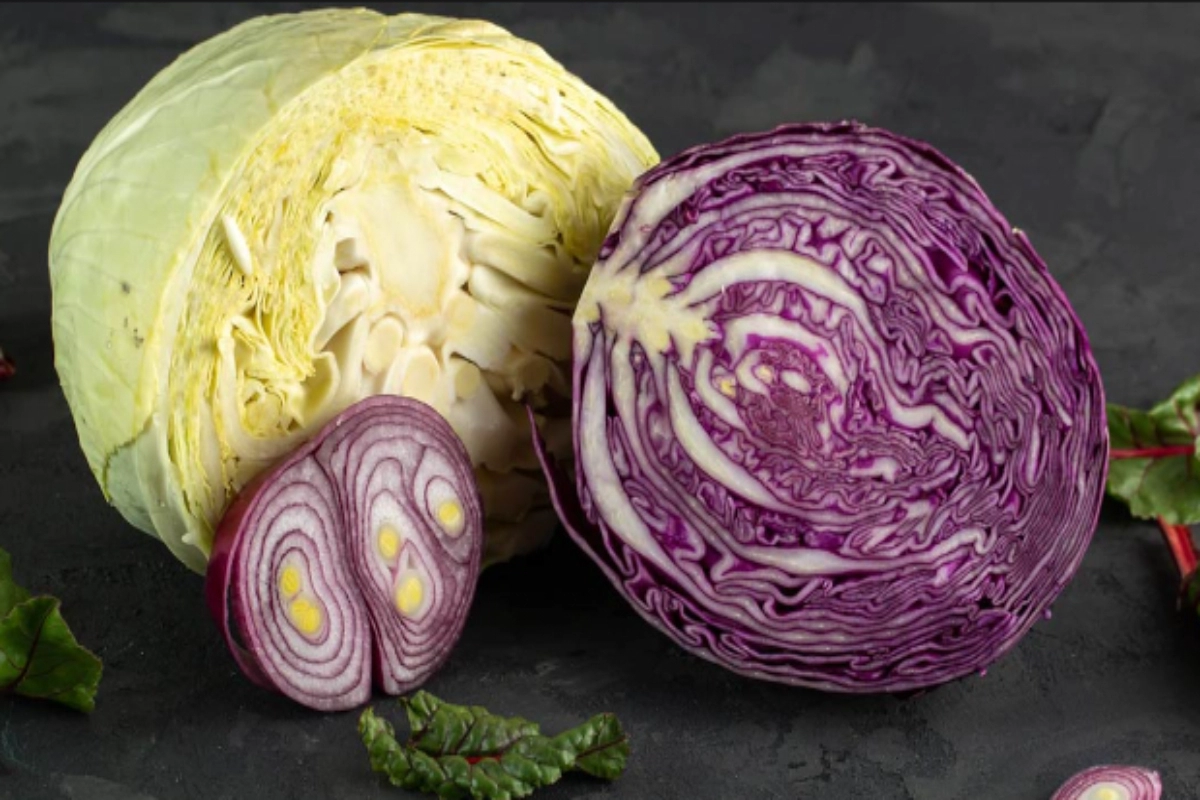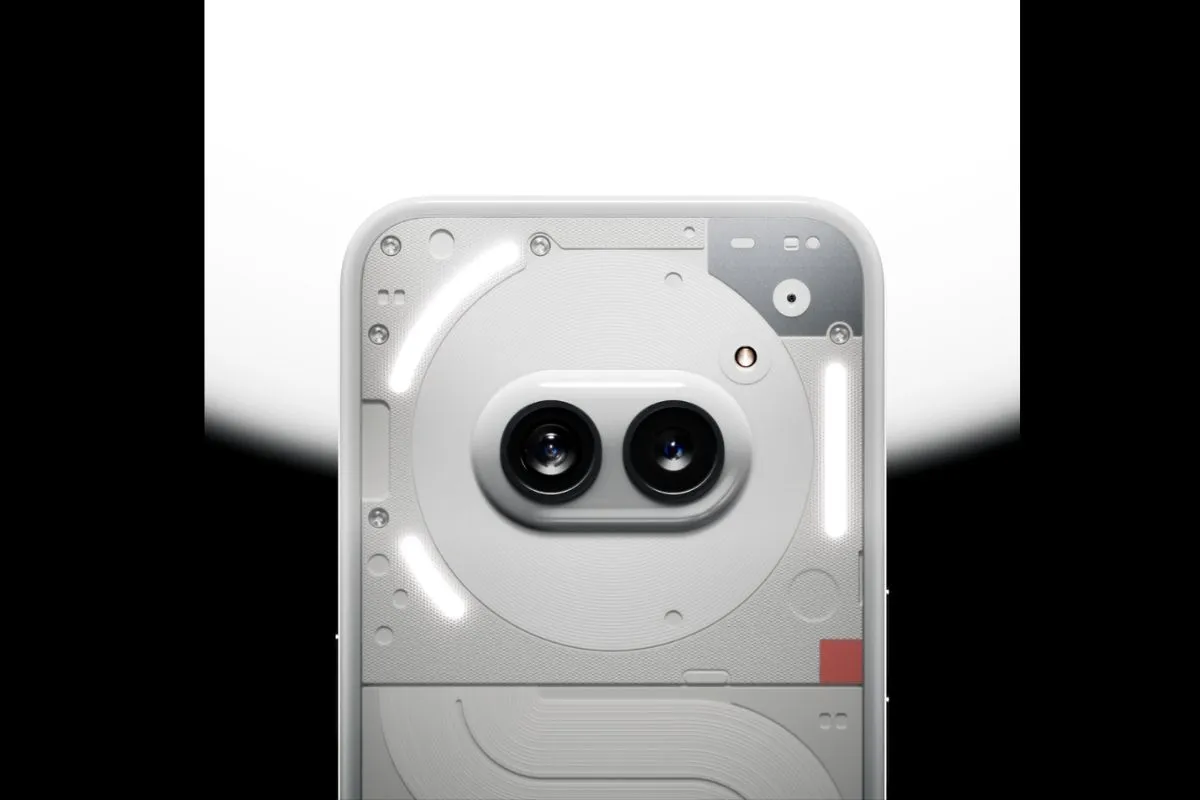Health Tips: Dr. Priyanka Sehrawat responded to a worrisome query on Instagram recently: Is eating cabbage a cause of brain worms? She clarified the situation by stating that it is referred to as neurocysticercosis, a disorder in which worm eggs—specifically, those of Taenia Solium—cause problems in the brain.
Clarifying the Misconception
Despite the term, neurocysticercosis is caused by the presence of eggs that hatch into larvae rather than real worms moving inside the brain. Dr. Sehrawat underlined that these eggs are frequently discovered in soil, especially in fruits and vegetables that thrive in soil-rich conditions. These eggs can stick to the vegetables if they aren’t completely cleaned before eating, which could be dangerous for anyone who consume them.
Journey from Ingestion to Hatch
After being eaten, the eggs make their way to the gut, where they hatch and eventually make their way into the blood. They then proceed to the brain, where they cause the brain tissue to react in order to confine them. Swelling is the result of this immune reaction, and an MRI or other brain imaging scan can show this phenomena.
Beyond Physical Presence
The effects of this enlargement go beyond the larvae’s actual physical presence in the brain. Dr. Sehrawat emphasised that seizures might result from immune response-induced inflammation, indicating that neurocysticercosis plays a major role in the nation’s seizure disorders. She also added alarm to the matter by pointing out that people with special needs are more likely to experience seizures.
Keeping your meals clean is essential to preventing Neurocysticercosis. The chance of consuming the eggs can be considerably decreased by giving fruits and vegetables—especially those cultivated in soil—a thorough cleaning. Dr. Sehrawat cautioned the audience to use caution when preparing meals, stressing the value of hygiene in preventing this potentially dangerous illness.
Dispelling the Uncomfortable Notion
In summary, while the concept of brain worms may cause an uncomfortable gut reaction, knowing the science underlying Neurocysticercosis helps dispel the mystery surrounding the illness. The educational film by Dr. Priyanka Sehrawat provides helpful tips to reduce the likelihood of running into this prevalent cause of seizures in our community while also serving as a reminder of the need of hygiene in day-to-day living.
Disclaimer: This material, including advice, provides general information only. It is in no way a substitute for a qualified medical opinion. Take the methods, and claims mentioned in this article as suggestions only; DNP India does not confirm or refute them. Consult a doctor before implementing any such suggestions/ treatment/medicine/diet.












